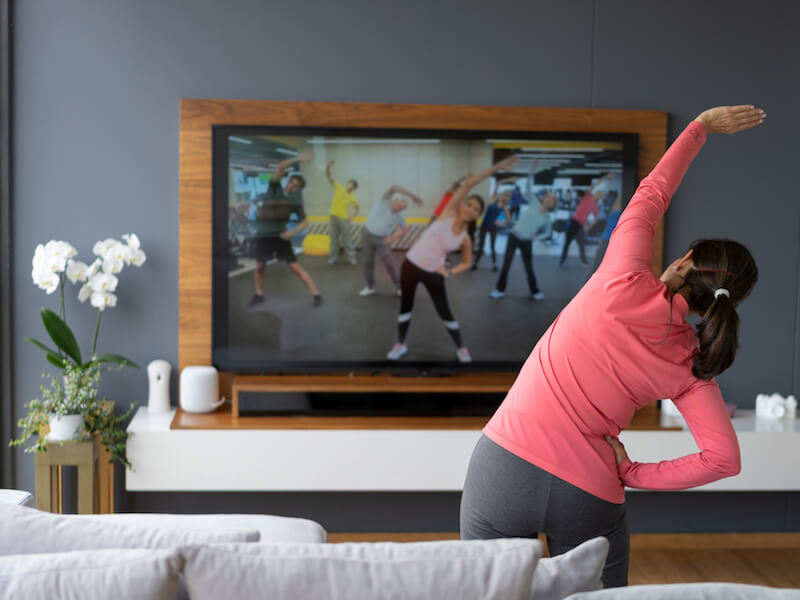There’s a very basic message for anybody struggling with hearing loss: Use hearing aids.
Why? A recent study found that individuals who received hearing aids within three years of being diagnosed with hearing impairment were less likely to develop depression, anxiety, dementia, and dangerous falls than those who did not get hearing aids. While these health issues aren’t proven to be eliminated by hearing aids, fewer health problems have been linked to their use. Results from the study revealed that hearing aid users were 18% less likely to develop dementia, 11% less likely to develop depression or anxiety, and 13% less likely to have a serious fall.
Avoid Making Excuses
If these figures seem low to you, it’s significant to remember that your health is at risk, and every little bit counts. Previous research has revealed a connection between hearing loss and other significant health issues, but this study proved it’s an ongoing, declining issue. It’s significant to remember that many individuals diagnosed with hearing loss don’t bother getting hearing aids. Why not? Not having the appropriate insurance to cover some of the expenses is a common issue. And the cost may still be too high even with insurance.
Some people actually go in and get fitted but when they get their hearing aid home, it seems like too much hassle to use them, so they don’t. Many individuals don’t view hearing loss as a major concern because they can turn the volume of the TV up to solve the problem.
While it may seem as if hearing loss is inescapable as you age, there’s more to it than that, and cranking up the volume is not the right answer.
Healthy Hearing is Vital
Hearing is obviously a big element of communication. If your inability to communicate causes you to miss an essential instruction by your physician or guidance by a family member, that’s a problem. Consequently, communicating your concerns and symptoms will be challenging.
Other problems related to a lack of reliable communication are less apparent. When you strain to hear and keep up with a conversation on the phone, you might lose touch with some of the people in your support system out of embarrassment and frustration. And clearly, your likelihood of developing dementia is higher if your brain doesn’t receive enough stimulus which occurs when you can’t hear.
Hearing Aid Advantages
Extreme long-term challenges aren’t all that wearing hearing aids is about. Your long term wellbeing will certainly improve but hearing aids will immediately enhance your quality of life. You will have a more gratifying social life and feel less isolated if you can hear and engage in conversations. When you can communicate intelligibly with your physician, you can effectively share the health concerns you are experiencing and comprehend your doctor’s treatment plan to reduce your anxiety further.
Do I need hearing aids? The answer is yes if you have any of the following symptoms:
- Watching TV at extreme volume
- Constantly needing people to repeat themselves
- Trouble hearing the person you’re talking to if there’s background sound
- Keeping away from social situations because you’re afraid you can’t follow conversations
These are only a few of the symptoms that may indicate you should look into a hearing aid. Schedule a consultation with us to find out if a hearing aid is the best choice for you, especially if any of these symptoms sound familiar.
[blogcta]

